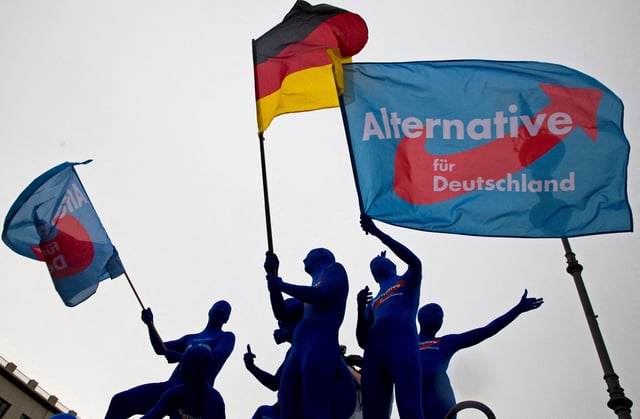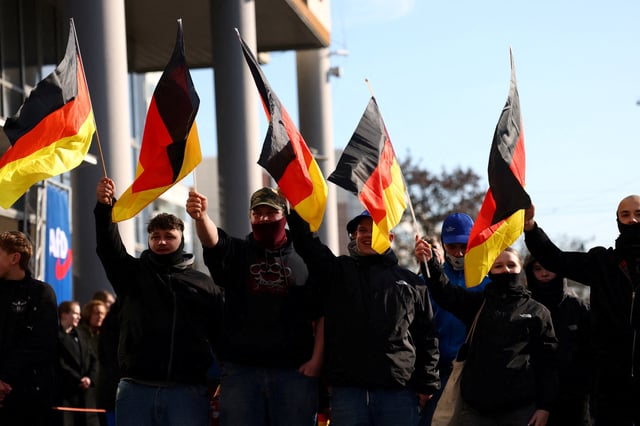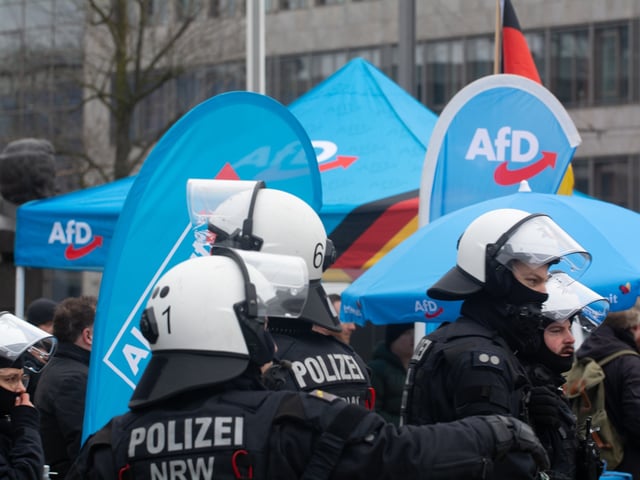Overview
- The Federal Office for the Protection of the Constitution (BfV) officially classified the Alternative for Germany (AfD) as a right-wing extremist organization, enabling expanded surveillance measures such as informants and wiretapping.
- The AfD filed a lawsuit on May 5, 2025, contesting the extremist designation, arguing it constitutes political discrimination.
- States like Hesse and Bavaria are examining bans on AfD members serving as police officers or civil servants, citing the need to uphold democratic principles in public service.
- Incoming Interior Minister Alexander Dobrindt expressed skepticism over the feasibility of an outright party ban, citing high constitutional hurdles requiring proof of combative actions against democracy.
- SPD leader Lars Klingbeil and Dobrindt emphasized addressing the root causes of AfD's popularity, with Klingbeil advocating governance and issue-focused strategies over legal prohibitions.



